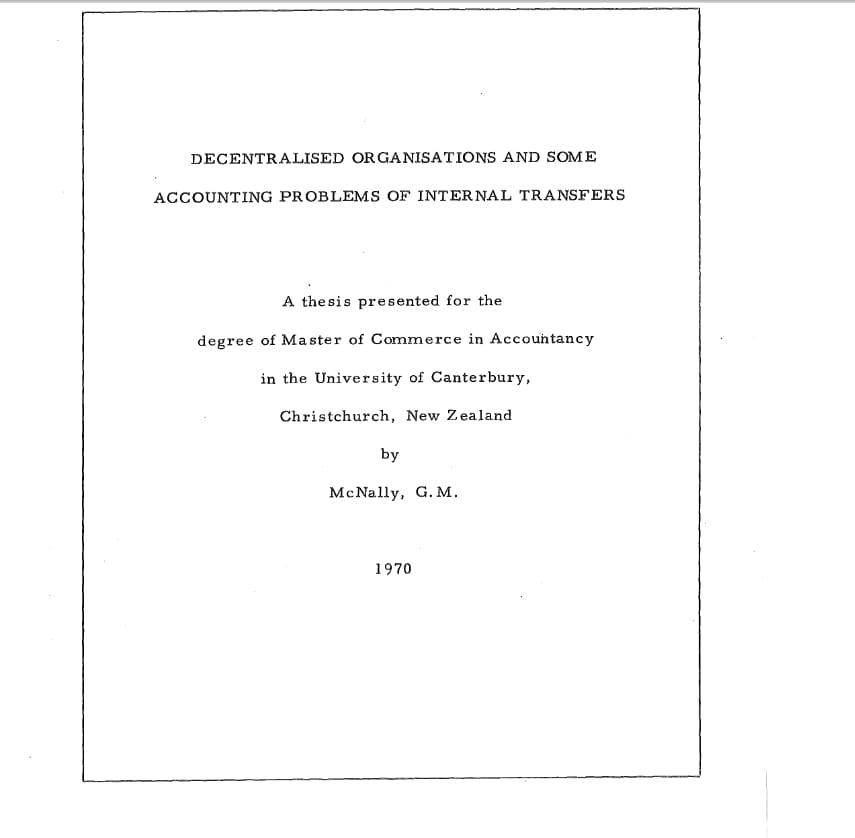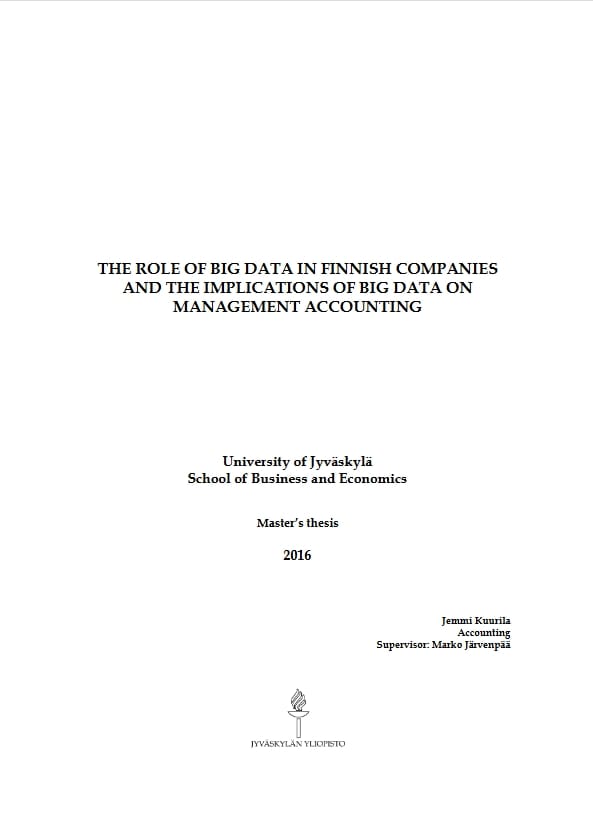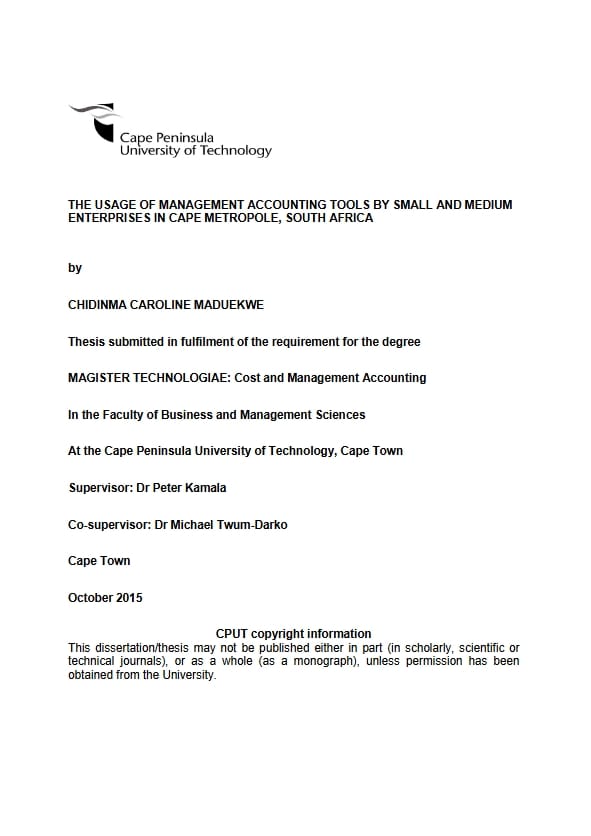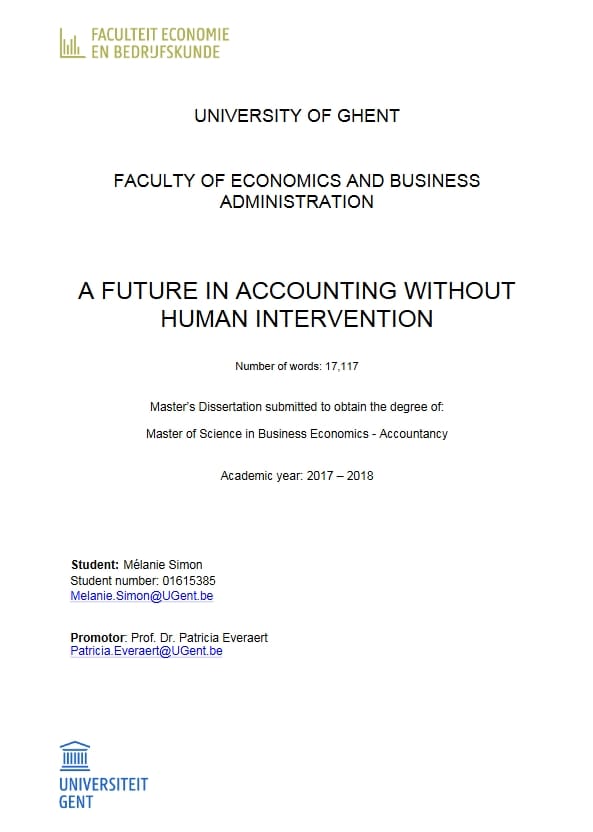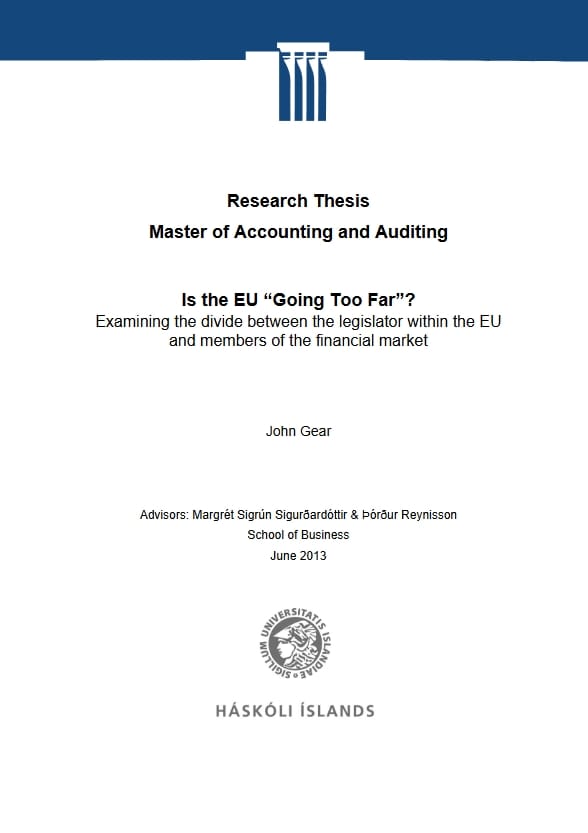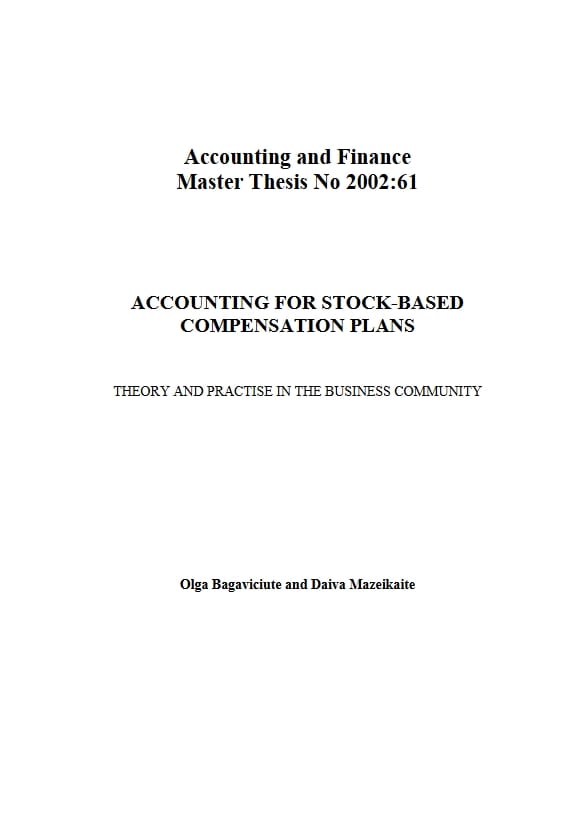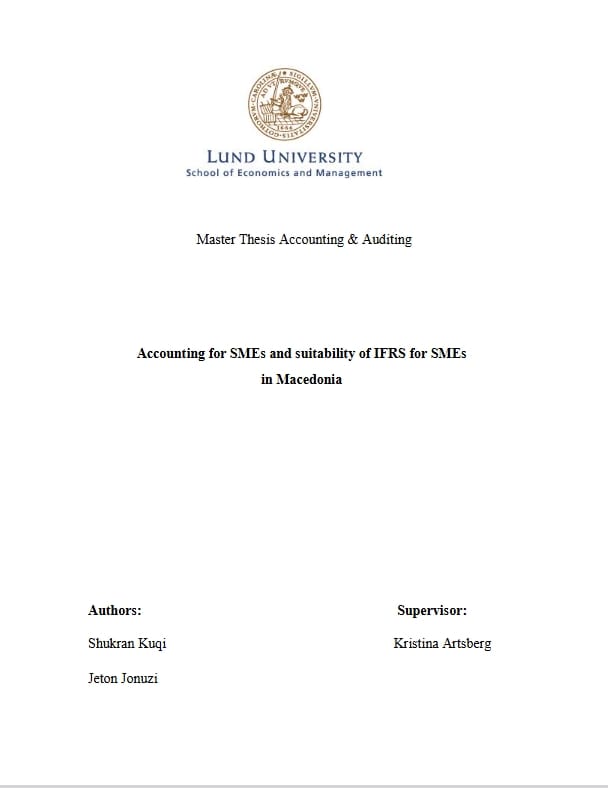INTRODUCTION
ABSTRACT
This thesis explores accounting challenges arising from internal transfers within large, decentralised business organisations. As firms grow in size and grant greater decision-making autonomy to divisional managers, new complexities emerge in both planning and performance evaluation. A central issue addressed in this study is transfer pricing—the methods used to assign values to goods and services exchanged between internal segments. Inappropriate transfer pricing can undermine the intended benefits of decentralisation, thus making its design and application a critical managerial concern.
The thesis focuses on the management accounting aspects of internal transfers, referencing financial accounting only where relevant to managerial decisions. It combines theoretical analysis with empirical research based on selected New Zealand firms. Theoretical frameworks are reviewed and critiqued to clarify the role of internal transfers in decentralised organisations. Empirical insights are drawn from surveys and interviews with corporate executives, revealing limited application of transfer pricing practices in New Zealand and highlighting the gap between theory and practice.
The structure of the thesis includes three parts. Part I outlines the nature and evaluation of decentralised organisations. Part II delves into transfer pricing: its historical development, theoretical foundations, practical use in New Zealand firms, and its role in managerial evaluation and decision-making. Part III broadens the discussion to internal prices as tools for organisational control, emphasizing their importance in both market and centrally-managed economies.
Through this investigation, the thesis underscores the strategic significance of transfer pricing in enhancing management control and organisational effectiveness in decentralised business environments.

